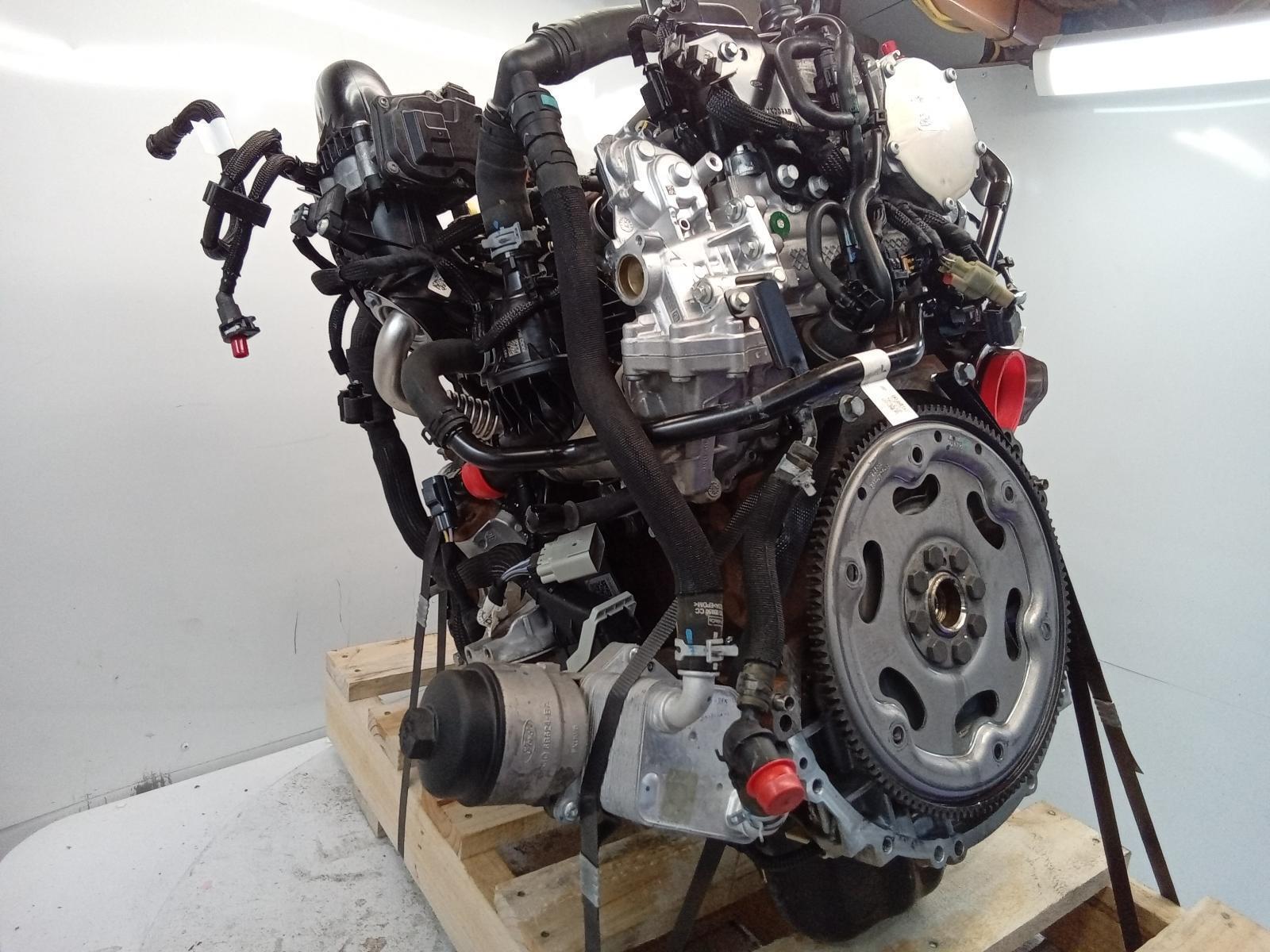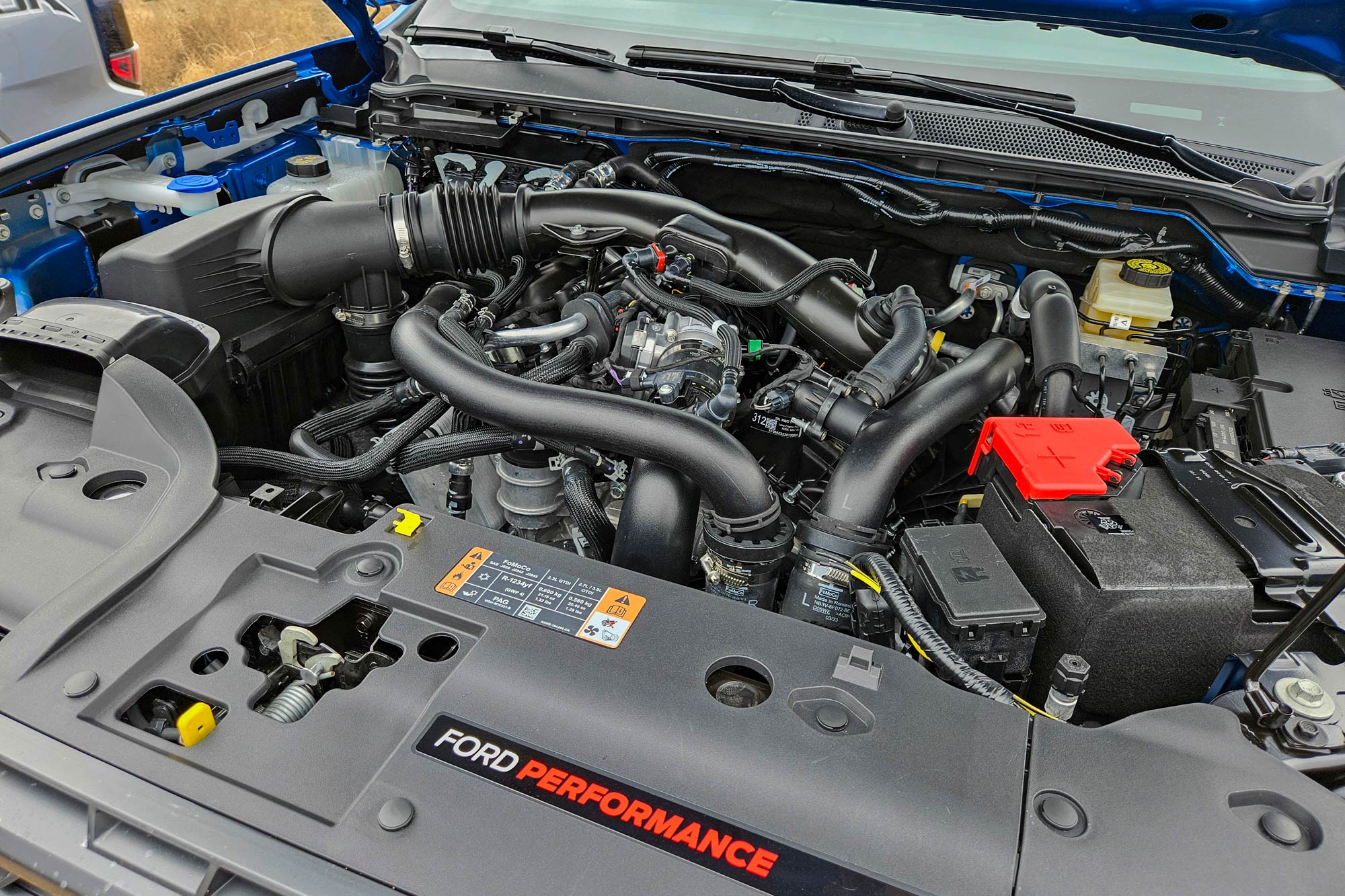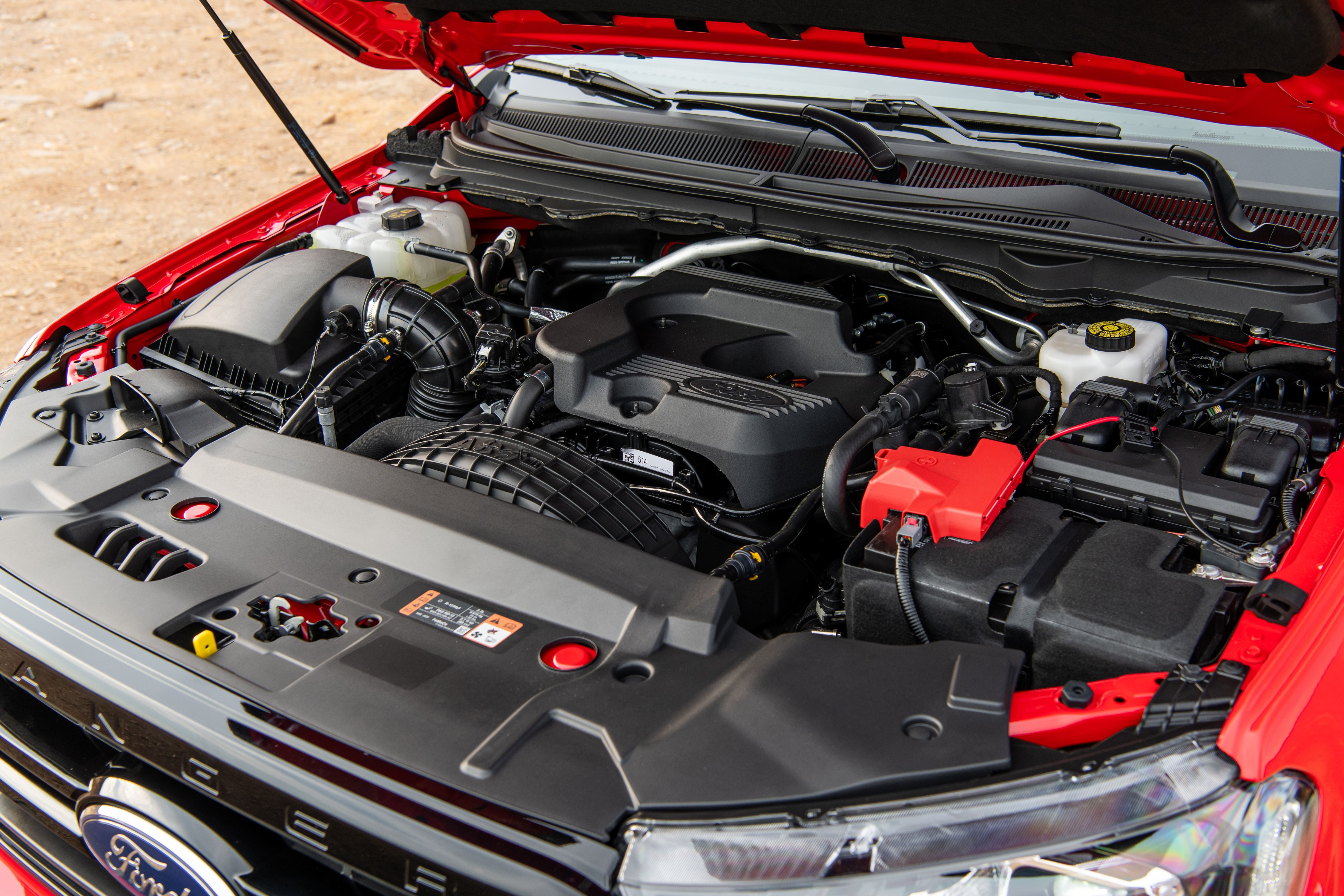What Makes an Automobile Engine Run Smoothly: Leading Tips for Optimal Treatment
The smooth operation of a car engine is basic to both performance and durability, making optimal care a necessary duty for vehicle owners. Secret techniques, such as routine oil modifications, maintaining coolant levels, and checking air filters, are critical yet frequently neglected. Moreover, the relevance of examining stimulate plugs and making sure appropriate tire pressure can not be downplayed. Recognizing just how these elements adjoin can improve not just the efficiency of your car yet additionally your general driving experience. What specific actions should you focus on to guarantee your engine remains in peak problem?
Routine Oil Adjustments
One of one of the most vital elements of vehicle maintenance is ensuring your engine receives routine oil modifications. Engine oil lubricates interior components, lowers rubbing, and helps keep optimum operating temperatures. Gradually, oil breaks down as a result of warm, impurities, and the natural by-products of combustion, resulting in lowered performance and prospective engine damages.
The majority of manufacturers recommend altering the oil every 5,000 to 7,500 miles, yet this interval can differ based upon driving conditions and oil type. As an example, artificial oils might enable longer periods in between modifications. Regular oil adjustments not only improve engine efficiency but also boost fuel performance, as clean oil promotes smoother operation.
Neglecting oil modifications can lead to sludge accumulation, which harms flow and can lead to severe engine problems. It is crucial to examine oil degrees consistently and keep track of for any kind of uncommon adjustments in shade or uniformity, which might indicate contamination or deterioration.

Preserving Coolant Degrees
Keeping proper coolant levels is crucial for protecting against engine overheating and ensuring optimum efficiency. The coolant, usually a mixture of water and antifreeze, distributes via the engine, absorbing warm and preventing thermal stress and anxiety. Insufficient coolant can cause boosted engine temperature levels, which might trigger extreme damage and even complete engine failing.
To maintain ideal coolant levels, regularly check the coolant storage tank, normally situated in the engine bay. Ensure the coolant is filled up to the advised mark, as indicated in your lorry's proprietor guidebook. It is a good idea to inspect the degrees at the very least once a month or in the past long trips, specifically throughout severe weather conditions.
If you see that the coolant level is consistently reduced, there may be a leak in the air conditioning system, which ought to be dealt with immediately to prevent additional complications. 2.2 ford ranger engine. In addition, purging the coolant system every 2 to 3 years can assist get rid of any kind of gathered debris and make sure effective warm exchange
Monitoring Air Filters

It is recommended to check the air filter every 12,000 to 15,000 miles, or more regularly if driving in messy or damaging conditions. A basic visual assessment can frequently disclose whether the filter is filthy or harmed. It ought to be changed quickly. if the filter appears blemished or has visible dirt buildup.
Utilizing a top notch air filter made for your specific automobile design can further improve engine performance. Additionally, some lorries may take advantage of reusable filters that can be cleansed and re-installed, supplying a economical and eco pleasant option.
Inspecting Spark Plugs
Ignition system are important elements of a lorry's ignition system, straight impacting engine performance and performance. They produce the trigger that fires up the air-fuel blend in the burning chamber, promoting the engine's power generation. Regular examination of ignition system is important for keeping ideal engine function and stopping possible issues.
During an assessment, look for indicators of wear or damage, such as splits, carbon build-up, or too much gap widening. A healthy spark plug usually shows a brown or tan color. Dark residue or oil down payments can indicate incorrect burning, while a blistered or white look might suggest overheating. Both conditions require immediate attention to avoid more engine damage.
It's suggested to check trigger plugs every 30,000 miles, or as recommended in your car's proprietor handbook. In addition, take into consideration replacing them best site according to the supplier's standards, as old or used ignition system can cause misfires, decreased fuel efficiency, and boosted emissions.
Surveillance Tire Stress
Guaranteeing correct tire stress is a critical aspect of lorry security and efficiency. Under-inflated tires can result in decreased fuel performance, raised tire wear, and endangered handling. Conversely, over-inflated tires can reduce traction and enhance the risk of blowouts. Regular tracking of tire pressure is important for optimal automobile procedure.
Tire stress must be inspected at the very least once a month and in the past lengthy trips. Use a trustworthy tire pressure scale to determine the pressure when the tires are cold, preferably before the automobile has been driven for at least 3 hours. Refer to the lorry's proprietor handbook or the placard situated on the vehicle driver's side door jamb for the manufacturer's recommended stress levels.
It is essential to keep in mind that tire pressure can change with adjustments in temperature; a decline of 10 ° F can cause a 1-2 psi reduction in pressure. In addition, aesthetically inspect tires for any type of indications of wear or damages throughout your surveillance routine. Preserving correct tire pressure not only boosts automobile safety and security but likewise improves gas efficiency and extends tire life, inevitably adding to a smoother engine performance.
Conclusion
To conclude, keeping a car engine's smooth operation calls for persistent interest to a number of essential elements. Routine oil changes, proper coolant levels, tidy air filters, well-kept ignition system, and optimal tire stress collectively contribute to enhanced efficiency and Get the facts longevity. Sticking to these maintenance methods read what he said not only improves gas performance but additionally promotes a more secure driving experience. Eventually, a proactive technique to engine treatment is crucial for making certain reliability and functionality gradually. 2.2 ford ranger engine.
One of the most crucial elements of cars and truck maintenance is guaranteeing your engine obtains routine oil adjustments. Engine oil lubricates interior components, lowers rubbing, and helps preserve ideal operating temperature levels. Routine oil changes not only enhance engine performance yet also improve gas performance, as tidy oil advertises smoother procedure.
Not enough coolant can lead to enhanced engine temperatures, which might create extreme damages or even total engine failing.
